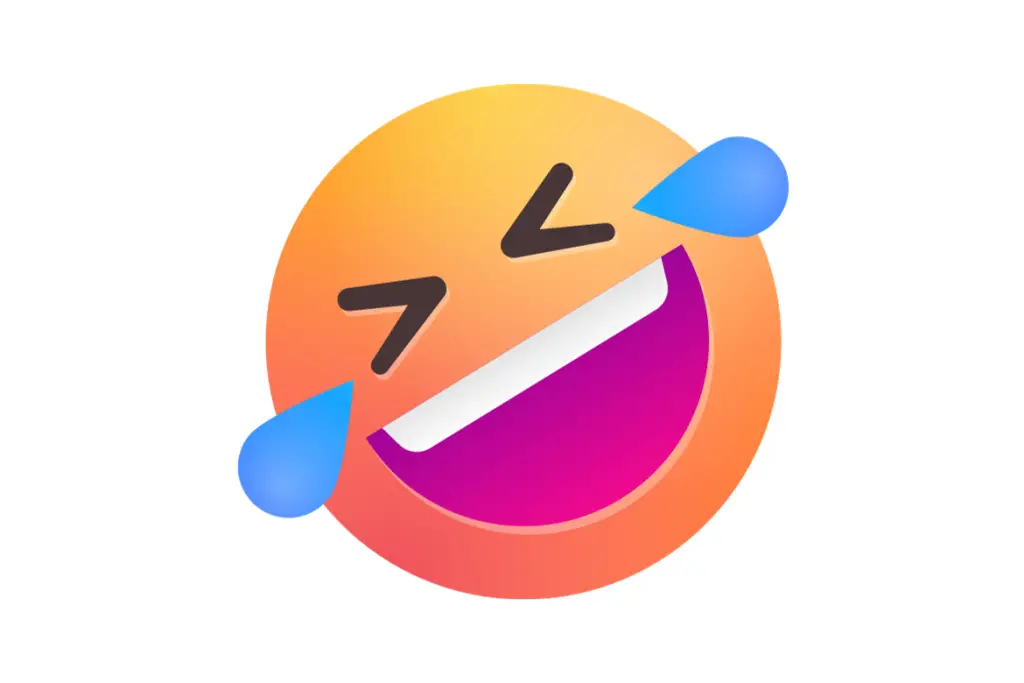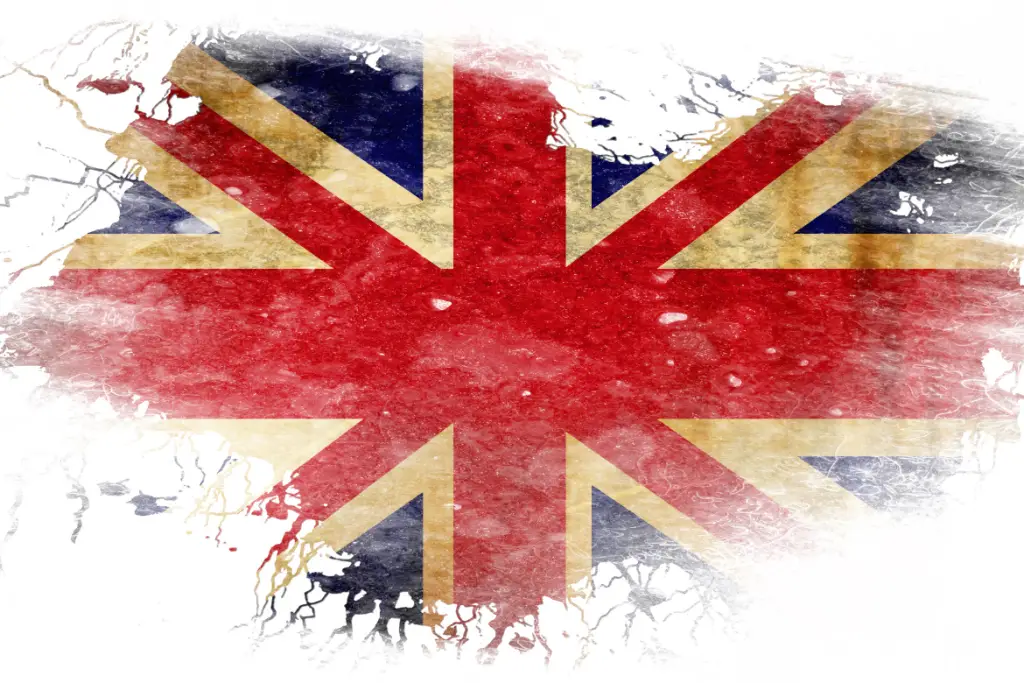British culture has long been a beacon of sophisticated humour, irony, and wit. From the quippy one-liners of Oscar Wilde to the satirical sketches of Monty Python, the British have demonstrated their unique take on what it means to be “funny”. Consequently, British slang has given us a wealth of ways to express the notion of humour beyond the simple word “funny”. Let’s delve into the linguistic riches of the British Isles to uncover the diverse terms that encapsulate this universal sentiment.
The Historical and Cultural Nuances of British “Funny”
Britain’s historical legacy has seen the amalgamation of various cultures, traditions, and languages. The Romans, Vikings, and Normans, among others, have all left an indelible mark on the island nation, influencing its language and thereby its expressions of humour. As urban legends, folk tales, and cultural narratives evolved over time, so did the vocabulary associated with fun and mirth.

The British Lexicon of Laughter
- Banter – This term, with potential origins in French, has become a staple of British social interactions. It refers to the light-hearted teasing or playful exchange of remarks. A casual meetup at a British watering hole often revolves around the spirited ‘banter’ exchanged among its patrons.
- Having a laugh – This phrase encapsulates the British love for irony. While on the surface it seems straightforward, it’s frequently used to express disbelief or incredulity. So when a Brit asks, “Are you having a laugh?”, they might be questioning the veracity or seriousness of a statement.
- Gagging – While ‘gagging’ may conjure images of a visceral reaction, in the world of British slang, it is synonymous with ‘joking’. The versatility of language is evident here, with the same word taking on such diverse meanings.
- Taking the mickey (or mick) – This playful phrase, rooted in British cultural anecdotes, is about teasing or jesting at someone’s expense. It’s a cheeky way of saying you’re poking fun at someone without being too direct.
- Winding up – A term that perfectly exemplifies British subtlety, ‘winding up’ is about teasing or playfully aggravating someone. When a Brit says, “Don’t wind me up,” they’re essentially asking not to be teased.
The Regional Quirks of British “Funny”
Britain’s rich tapestry of regional dialects and accents further adds to the complexity and diversity of the term “funny”. In the North, you might hear someone “having a giggle”, while down in the South, someone might be “pulling your leg”. These regional variations, often deeply rooted in local histories and anecdotes, enrich the overall British vocabulary and offer a delightful exploration for linguists and casual observers alike.
Wrapping it Up with a Chuckle
The British Isles, with its vast history and cultural amalgamation, offers a treasure trove of linguistic delights. The term “funny” is not just an adjective here; it’s an experience, a sentiment, and a reflection of the nation’s rich and diverse heritage. So, whether you’re “having a laugh” in London or “taking the mick” in Manchester, the many hues of British “funny” promise to keep the conversation lively, humorous, and quintessentially British.
Frequently Asked Questions (FAQs) about “Funny” in British Slang
1. What does “Banter” mean in British slang?
Banter refers to light-hearted teasing or a playful exchange of remarks. It’s a cornerstone of British social interactions, especially among friends.
2. Is “having a laugh” always about something funny?
Not always. While it can refer to genuinely laughing about something humorous, the phrase “Are you having a laugh?” is often used in British slang to express disbelief or incredulity.
3. What does “taking the mickey” mean?
“Taking the mickey” or “taking the mick” means to tease or jest at someone’s expense. It’s a light-hearted way of saying you’re making fun of someone without being too direct.
4. How does “winding up” relate to humour?
In the British lexicon, ‘winding up’ refers to teasing or playfully aggravating someone. When someone says, “Don’t wind me up,” they’re essentially asking not to be teased.
5. With so many slang terms, how do I know which one to use?
Context is key. While many of these terms can be used interchangeably, it’s always a good idea to be aware of the situation and the people you’re talking to. For instance, while “banter” is generally considered friendly, “taking the mick” might be better suited among close friends.
6. Are these terms understood across all of Britain?
Most of them are widely understood, thanks to media exposure. However, some might have specific regional connotations. As with any slang, it’s essential to be aware of the local nuances, especially when traveling through different parts of Britain.
7. How have British comedy and media influenced these slang terms?
British comedy shows, films, and even popular songs have played a significant role in popularizing and embedding these terms into everyday vernacular. Familiarity with some iconic British comedies can offer deeper insights into the playful nature of these words and phrases.
8. Can I use these terms outside of Britain?
Certainly! While they are quintessentially British, the globalization of media and culture has made many of these terms recognizable and even used in other English-speaking parts of the world. However, it’s always good to gauge your audience’s familiarity before diving deep into the British slang pool.







